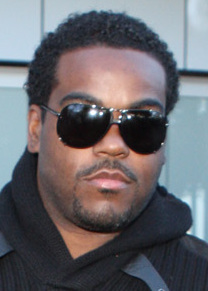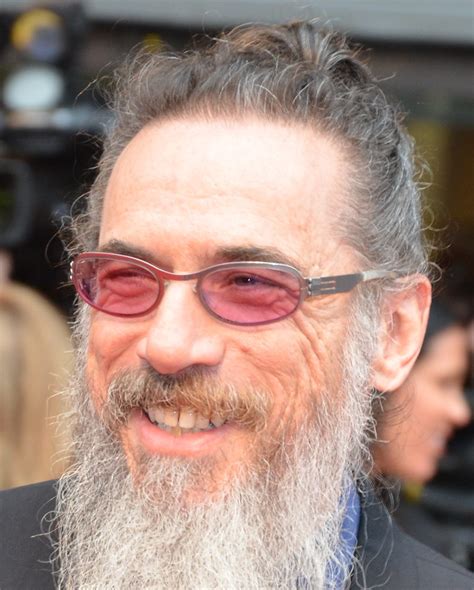A Quote by Rodney Jerkins
I have a camp so I brought my writers, LaShawn Daniels and at the time, Anesha and Antea [Birchett], they were sisters, and this girl Delisha [Thomas] and Makeba [Riddick]. I brought basically five writers to work on different ideas. You either make the cut or you don't.
Related Quotes
I never sat down and wrote, but what I do is kind of act as a dramaturge for the piece. I am sitting with the writers. I'm discussing ideas with the writers and concepts. We're debating and having a dialectic where we are taking a lot of different ideas and trying to synthesize them into the right idea. I'm very much a part of that process. That's my job as the director.
Most writers have no idea how to make a film. It's a totally different skill set. Nor is it just to translate exactly what's on the page directly on to the screen - because that would be terrible. It would be five hours long, and the structure would be a mess. But the writers know the characters and the story.
We've now got a group of young people in this country who for all practical purposes are American. They grew up here. They've gone to school here. They don't know anything other than being American kids. But their parents may have brought them here without all the proper paperwork - might have brought them here when they were three, might have brought them here when they were five. And so, lo and behold, by the time they finish school, and they're ready to go to college, they find out they can't go to college and, in fact, their status as Americans are threatened.
The guys that write Once Upon a Time were major writers on Lost, and we had lunch when I started on OUAT and the first thing I said to them was, "I spent five years on Lost, you have to tell me, was my character good or bad?" They looked at me and said, "We have no idea." That's why you have to make your own backstory. I decided Widmore was the evilest of the evil, but in the end, not even the writers knew.




































